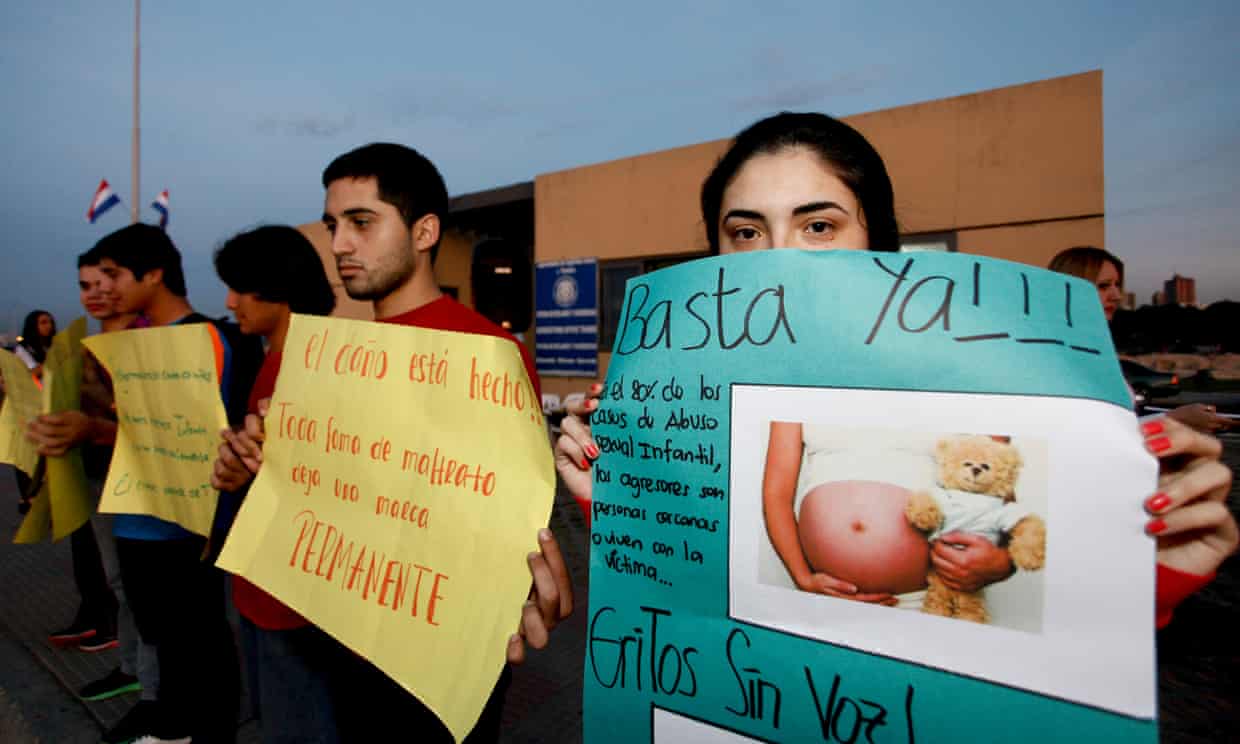By: Emily Green
Impunity Watch Reporter, South America
CARACAS, Venezuela – An outbreak of measles struck an indigenous tribe in a remote jungle region of eastern Venezuela. Sources report that somewhere between 50 and 70 children have died as a result.

Armand Obdola, head of the Kape Kape NGO, has been recording the deaths of the Warao indigenous community in the state of Delta Amacuro. He says children of this community have been dying since the beginning of the year. He reports, “the propagation started in early January and we are calling for a health alert. The most recent deaths were of six children, but since January the toll is 54.”
Measles is a highly contagious viral disease that usually affects children and is preventable with vaccination. Latin America was declared free of measles in 2016 after a massive, decades-long campaign. However, it has come back with a vengeance. Venezuela has the highest number of confirmed cases among the nine Latin American countries. The country reported 159 deaths in the first three months of 2018. Also, the Pan American Health Organization reports that Venezuela has seen 886 cases of measles since June.
Venezuela’s economic crisis has been a source of blame for this outbreak. A critical shortage of medicine leaves doctors and nurses unprepared to fight the illness. Jose Felix Oletta, who used to be minster of health and runs a nonprofit, said the country is incapable of providing even basic medical attention. He calls the outbreaks “clear examples” of how basic health programs have broken down. Correspondingly, the National Survey of Hospitals found that 88% of the 134 medical centers in Venezuela were missing basic medicines, while 100% of centers said their pathology labs were inoperative.
Also, it is becoming increasingly difficult to access the affected areas. The Warao settlements are located on the Orinoco River which is an eight-hour trip from the regional capital Tucupita. Obdola explained that it is often impossible to reach a sick person because the boats do not have fuel. His colleague at the NGO, Naveda, says “the indigenous people are populations that are adrift. They are almost waiting for death.”
Obdola says that authorities have done nothing in response despite the seriousness of the situation. However, Venezuela’s Health Minister Luis Loez said that Maduro’s government is fine-tuning details for the launch of a national vaccination plan for diphtheria, measles and yellow fever.
The second biggest outbreak is in Brazil with 14 confirmed cases, all of them imported from Venezuela. The Pan American Health Organization reported that “all confirmed cases were reported in unvaccinated Venezuelan citizens between the ages of nine months and 18 years.” Colombia has also attributed its three cases of measles to Venezuelan refugees.
For more information, please see:
The Economic Times – At least 54 children dead in Venezuela measles outbreak: NGO – 6 April 2018
News24 – At least 70 children dead in Venezuela measles outbreak – 6 April 2018
The Times – Return of measles is blamed on Venezuela – 29 March 2018
Washington Post – Brazil struggles to care for Venezuela’s indigenous Warao – 27 March 2018



